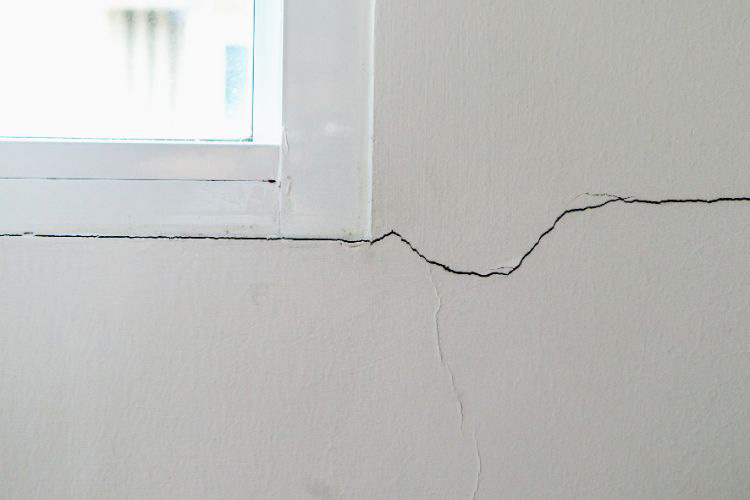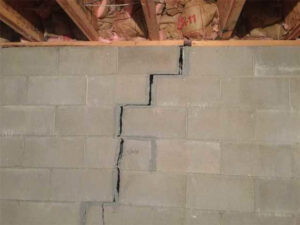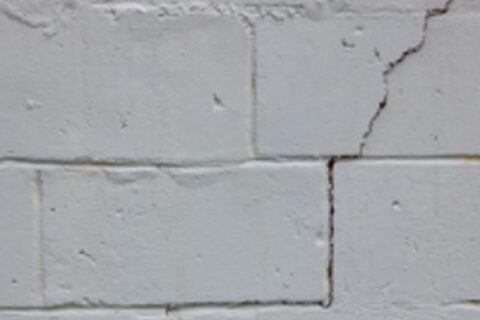6 Reasons Why Wall Cracks Appear Pittsburgh, PA
Walls are more than just mere aesthetic features of a building, they provide invaluable support and protection for the structure and its occupants. Nonetheless, wall cracks can emerge over time which not only disrupts the look but may also be indicative of greater underlying issues. In this blog post we will investigate the numerous causes of wall cracks.
1. Settlement
Wall cracks are typically the result of the settlement, especially common in just-built properties. Settlement transpires when the soil beneath the foundation compacts or shifts, thus causing it to settle or shift too. As this base moves, so do the walls above and can therefore crack them as well.
2. Moisture
Moisture can be a primary factor of wall cracking. When it permeates the walls, it weakens their structure and eventually leads to cracks forming. This is especially true if you live in an area with high humidity or your bathroom/kitchen are prone to moisture exposure due to lack of proper ventilation or insulation.

3. Temperature Changes
Temperature fluctuations can be particularly detrimental to walls, especially in areas with extreme weather. When the heat or cold alters, so do the materials making up your walls; this phenomenon causes cracks and fractures within them.
4. Poor Quality Materials
The caliber of materials used in the walls plays a key role in wall cracking. If inferior materials are chosen or not installed properly, cracks will surface at some point down the line.
5. Structural Damage
Cracks in walls can be the result of structural damage to a building, particularly problems with its foundation. When this occurs, the structure may settle or move which will cause breaks and fractures in the wall’s surface. By inspecting for foundational issues first, you can prevent these cracks from occurring down the line and ensure your buildings are secure.
6. Poor Design
Ultimately, structural design flaws can also be responsible for wall cracking. If the walls are not appropriately equipped to support the weight of a building or if there is an architectural defect, these walls may indeed fracture over time.

There are numerous possible causes for wall cracks such as moisture infiltration, structural fatigue, poor-quality materials, and more. If you notice any splits or crevices in your walls, it is imperative to look into the cause without delay in order to prevent further destruction. Talking with a specialist can help you understand what’s at play and determine the best course of action.
Contact the Professionals at Everdry Waterproofing of Pittsburgh Today! 724-432-9020

